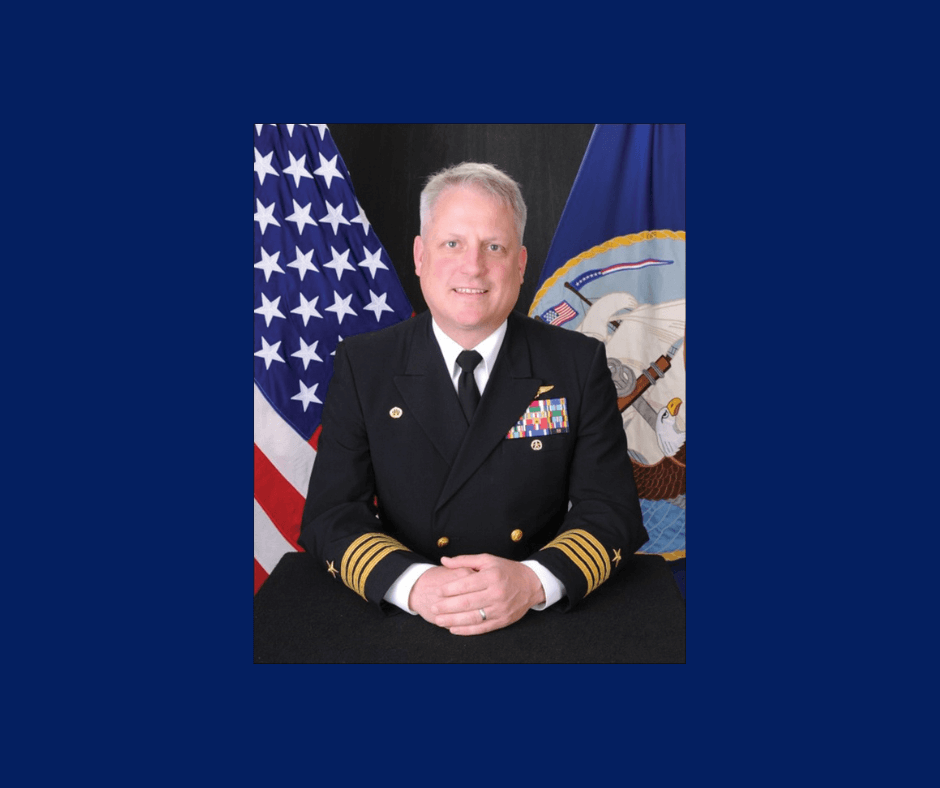Recruiting and retention will remain at the forefront of the Employer Support of the Guard and Reserve (ESGR), according to its new executive director.
“I think that the same can be said about [all of] the services … they are having trouble with recruiting and somewhat with retention as well,” said Navy Capt. Johnathan Townsend, who began his role on Feb. 1. “I think that as a resource to those folks, I think as an indirect mission we can have an impact on recruiting.”
An August 2022 Department of Defense news release reported that each component of the reserve forces missed its recruiting goals, with the exception of the Marine Corps Reserve.
The Army National Guard’s goal, for example, was 35,475, but attained only 23,064, while the Army Reserve goal was 13,214, but attained only 8,179.
When it comes to service members transitioning from active duty, Townsend said they are doing so for a reason.
“And it’s to find the work-life balance and because they’re ready to move on to the civilian workforce, hopefully benefiting from their time in the military,” he said. “To the extent we can offer them education and reassurance that if they join the reserve component in transition, we’ll be there to support them.”
RELATED: ESGR marks 50 years of supporting military-civilian relationships
That support includes ensuring ESGR’s volunteer network “stays strong.” Townsend said the COVID-19 pandemic presented challenges because of shifting to a virtual model.
“In person, face-to-face is the best way to do that … [Our volunteers] got through COVID like we all did, and I think highest priority needs to be given to recruiting and strengthening the volunteer network,” he said.
Still, the current volunteer network has exceeded his expectations in terms of the strength and value it adds to national security.
“My background is – they are working all week in whatever capacity they work as civilians and they immediately proceed to their drill site, put on the uniform and go right to work in uniform,” said Townsend, who was commissioned in 1995 through the U.S. Naval Academy. “I always understood that piece of it. I always understood the value of the support network that exists in the way of veteran organizations, all of the civilian organizations that support the military mission.”
It’s critical, according to Townsend, that the reserve component understand ESGR’s ombudsmen services and its call center. Rather than doing independent research, if reserve component members are stressed about the likelihood they’ll be mobilized, they can use these services, he said.
“[It’s important they] know that there’s somebody just a quick phone call away,” he said.
One of the most daunting scenarios, according to Townsend, is involuntary mobilization.
“We are still in a declaration of national emergency … [and involuntary mobilization] is still being used by the service chiefs,” he said.
Townsend is a Navy TAR (Training & Administration of the Reserve) and previously provided direct support to the chief of Navy Reserve. He said he values ESGR’s mission and as he nears the end of his career, joining ESGR was also a good networking opportunity.
Speaking to Reserve + National Guard Magazine in late February, Townsend said his experience thus far with ESGR has been exactly what he expected and hoped it would be.
“[We have a] relatively small staff here in D.C., which I think is good,” Townsend said. “Everybody has to own their portfolio and is empowered to do what their individual roles are on the staff here.”
Townsend’s Navy career took him, for a time, to Naval Air Station Fort Worth Joint Reserve Base, where he said he was “overwhelmed” with the amount of support the base received.
“It’s the exact same thing with ESGR,” he said. “These folks are typically headquartered, their volunteer offices … [are] associated with one of the military installations across the entire country. So I think that experience working with those folks and trying to answer the call for what they were trying to do … lended itself well to what we do at ESGR.”

